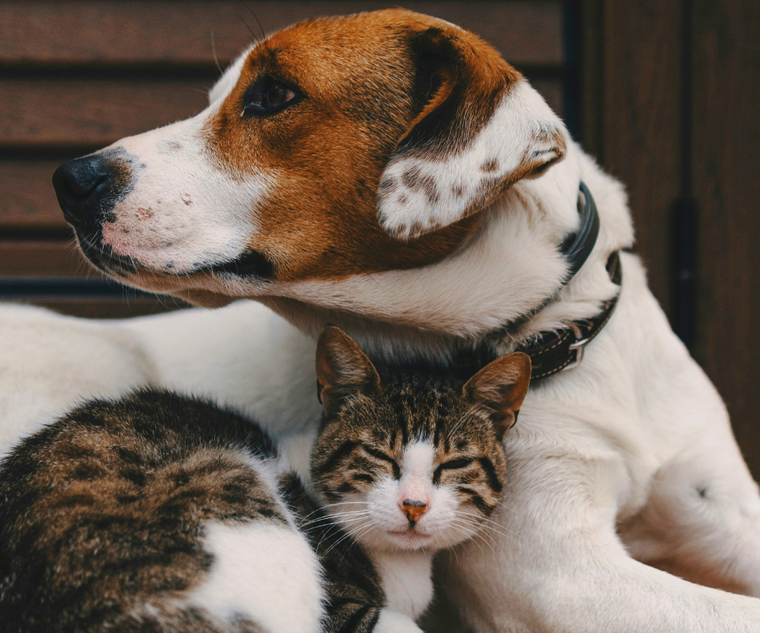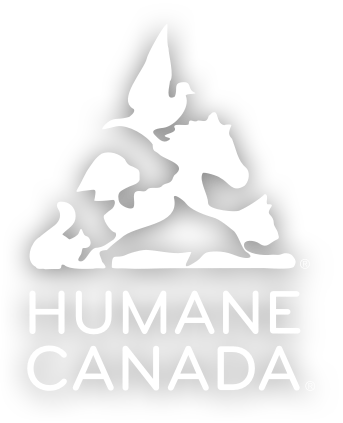
Make a gift from the heart today. Your support is a lifeline for animals in need.
In Canadian society, there is an expectation that we treat one another with respect and dignity. In a humane country, likewise, there is an understanding that each animal has a life worthy of respect and dignity; they are not considered as consumer products or objects of thoughtless use, but rather as individuals within our communities. Ethical considerations guide our legislation and decision-making about animal use. Where we do not have direct responsibility for care, we nonetheless have a responsibility to respect the needs and interests of animals, and the law restricts us from harming them for exploitative purposes.
The Consideration Keystone Report examines Canada’s alignment with these humane principles by assessing how animals are considered within various practices and institutions.
Michele Hamers Wildlife Campaign Manager, World Animal Protection Wild animals still fall through the cracks in Canada. The main challenges include the lack of political prioritization of the commercial wildlife trade and its impacts, lack of overarching mandates within government ministries and departments leading to a patchwork of regulations and enforcement approaches, and the lack of public awareness that Canada is failing millions of wild animals every single year.
Make a gift from the heart today. Your support is a lifeline for animals in need.


